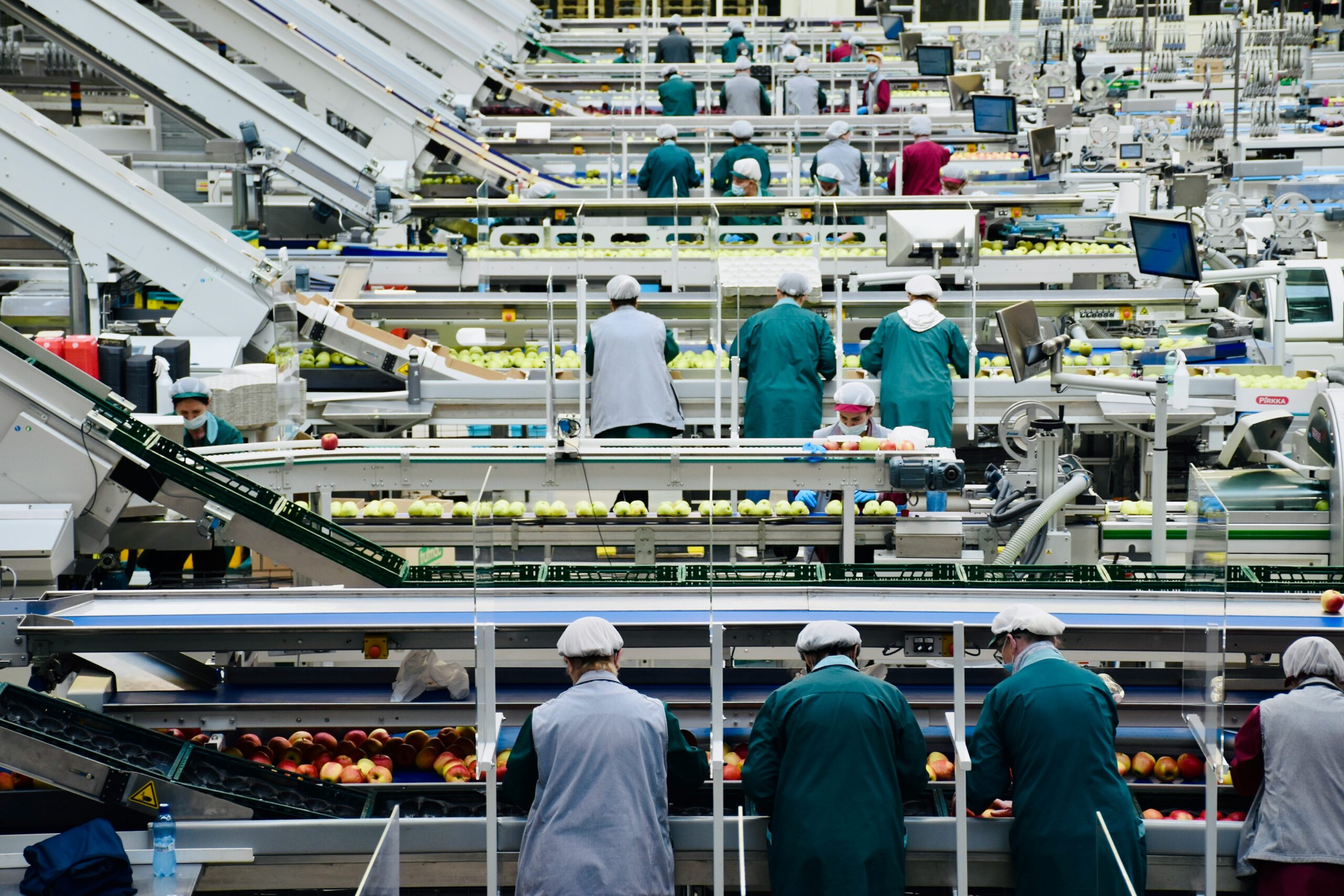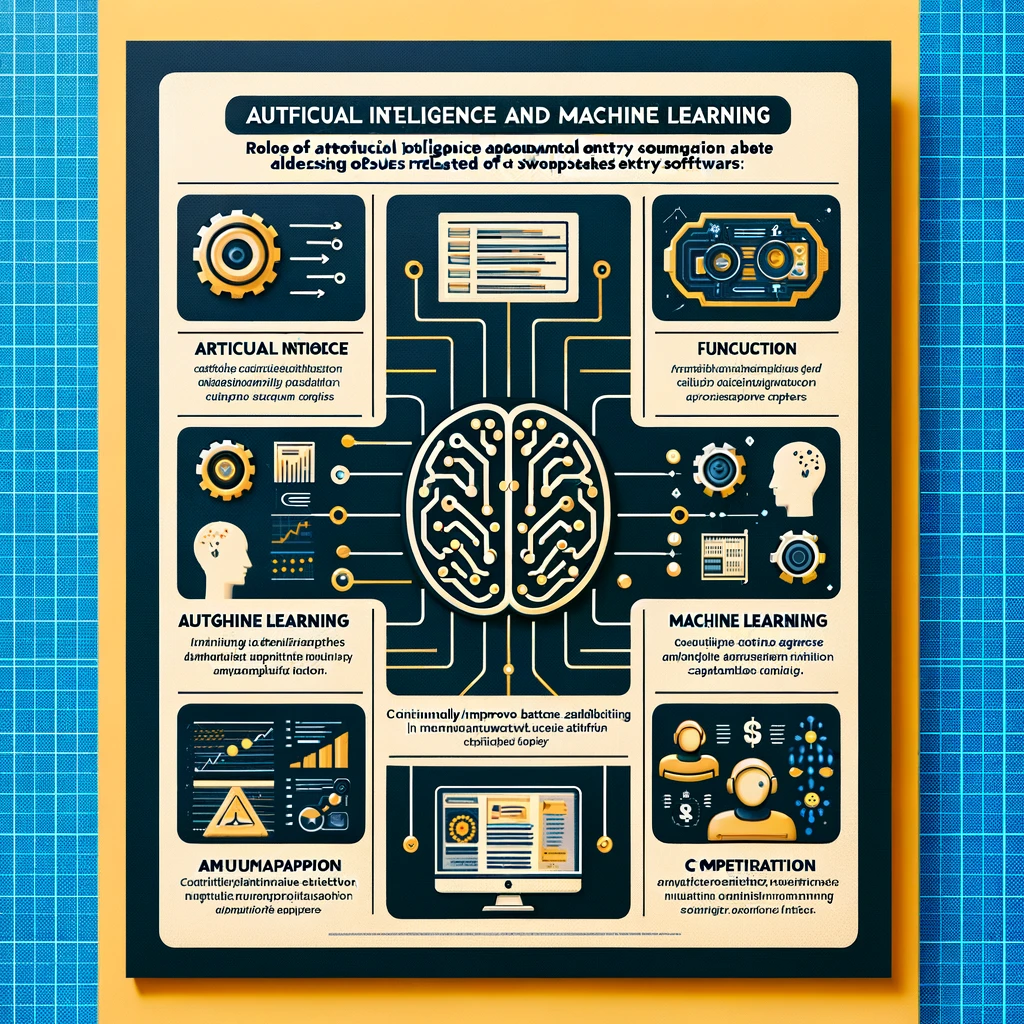
People who are usually good, with technology and seek ways to take part in giveaways tend to prefer software that's easy to use and allows them to enter multiple contests at once. According to a survey carried out in 2023 ease of use (60%) and the ability to enter giveaways simultaneously (55%) are the factors that influence users when choosing sweepstakes software.
Legal and Ethical Considerations of Automatic Sweepstakes Entry Software
The legality of using automated sweepstakes entry software in the United States is a matter governed by a mix of state laws. The Federal Trade Commission (FTC) oversees sweepstakes and competitions to ensure fairness and prevent practices. While there is no law prohibiting the use of such software its legality often hinges on the regulations set by individual contests and the laws of the state where participants reside.
| Aspect | Regulatory Body | Key Point | Impact on Legality |
| Use of Automated Software | State Laws | Varies by state | Legality determined by state-specific regulations |
| Federal Oversight | Federal Trade Commission (FTC) | Ensures fairness in sweepstakes and contests | No federal law prohibiting software, but impacts are monitored |
| Contest Regulations | Individual Contests | Rules set by contests | Legality can hinge on contest-specific regulations |
State Specific Laws
Laws regarding automated entry software vary widely across states. For example states like New York and Florida have rules that mandate consent for automated entries, in a contests official regulations. On the hand some states have relaxed policies allowing such software unless expressly forbidden by contest rules.
Ethical Considerations
The utilization of automated sweepstakes entry software raises questions.Some traditional participants argue that these tools give an advantage going against the randomness and luck that are supposed to be part of sweepstakes. There is also a growing concern, about how these software solutions could affect the honesty of the sweepstakes industry.
Advancements in Technology and Security Measures
As the market for automated sweepstakes entry tools expands does the technology powering them. Developers are continuously improving their software to make entries more efficient and harder for sweepstakes organizers to detect. This has led to the development of algorithms that can imitate entry behaviors making it less likely for entries to be flagged or disqualified.
Identification and Response by Organizers
Consumer Confidence and Experience in Automatic Sweepstakes Entry Software
The emergence of automated sweepstakes entry tools has significantly impacted consumer trust and experience within the industry. While these tools offer convenience and better odds at winning they also raise concerns about fairness and integrity, in contests.In a survey conducted in 2023 among participants of sweepstakes it was found that 65% of them believe that the use of automatic entry software undermines the credibility of these contests. This perception might result in decreased involvement and enthusiasm, for sweepstakes potentially impacting the industrys well being.
Economic Implications and Prospects for the Future
The ramifications of automated sweepstakes entry software are significant. While these tools have carved out a market niche benefiting software developers financially and contributing to the growth of the tech industry they have also necessitated investment on behalf of sweepstakes organizers for advanced detection mechanisms, legal compliance measures and promotional strategies to assure participants of fairness. Looking ahead continuous evolution is anticipated in this domain. Advancements, in intelligence (AI) blockchain technology and cybersecurity are projected to play roles in shaping the future landscape of automated sweepstakes entry software.
These new technologies offer ways to improve security, transparency and trust within the sweepstakes industry.
Utilizing AI and Machine Learning
AI Machine learning play a role, in addressing the issues brought about by automated entry tools. AI algorithms can effectively identify patterns associated with automated entries while machine learning models continuously enhance their detection abilities by learning from data. This ongoing technological competition between software developers and sweepstakes organizers is likely to drive innovation in both entry automation and detection methods.

Enhancing Transparency with Blockchain at Automatic Sweepstakes Entry Software
Blockchain technology presents an opportunity to increase transparency in the sweepstakes realm. By documenting entries and selection procedures on a ledger blockchain creates a record that ensures fairness and verification. This innovation has the potential to transform how sweepstakes are managed reducing the possibility of manipulating entries or outcomes significantly.
Conclusion
The realm of automatic sweepstakes entry tools is intricate and ever evolving characterized by progress legal uncertainties, ethical discussions and shifting market dynamics. As this sector continues to expand stakeholders such, as software developers, sweepstakes organizers, participants and regulators must work together to navigate these challenges effectively.
The direction the sweepstakes sector is heading in hinges, on its capability to adjust to advancements while upholding fairness, transparency and trust with those involved. Incorporating cutting edge technologies such as AI and blockchain might play a role, in striking this equilibrium guaranteeing the longevity and honesty of the sweepstakes industry in this era.
FAQs:
1)What does automatic sweepstakes entry software do?
Automatic sweepstakes entry software is a tool that helps users enter sweepstakes and contests automatically increasing their chances of winning without much effort.
2)Is it legal to use automatic sweepstakes entry software, in the United States?
The legality of using software in the USA varies by state and depends on the rules of each sweepstake. While there is no law against these tools their use may be subject to state regulations and individual contest guidelines.
3)How do organizers identify automated entries in sweepstakes?
Sweepstakes organizers use technologies like machine learning algorithms and pattern recognition systems to detect and block automated entries. These technologies can recognize patterns commonly associated with automated entry methods.
4)What are the current market trends in the sweepstakes entry software industry?
The automatic sweepstakes entry software industry is expanding due, to advancements that enhance the efficiency of these tools. However legal and ethical concerns pose challenges that impact market trends.
5) Can using software that automatically enters sweepstakes affect the fairness of the contests?
Yes utilizing entry software can indeed influence the integrity of sweepstakes. Many argue that it gives an advantage and goes against the randomness that sweepstakes are meant to uphold. This could impact consumer trust. How fair contests are perceived.
6)Are there concerns associated with employing entry software?
Ethical issues revolve around how truthful sweepstakesre. Using automated tools may seem like it gives an advantage compared to those who manually participate raising questions, about the morality of actions.
7)What advancements can we expect in the market for automatic sweepstakes entry software?
The future of this market is likely to see advancements in technology such, as AI algorithms to replicate human entry patterns better and enhanced detection methods used by organizers. Additionally legal and regulatory changes may arise as the industry progresses and adjusts to challenges.

